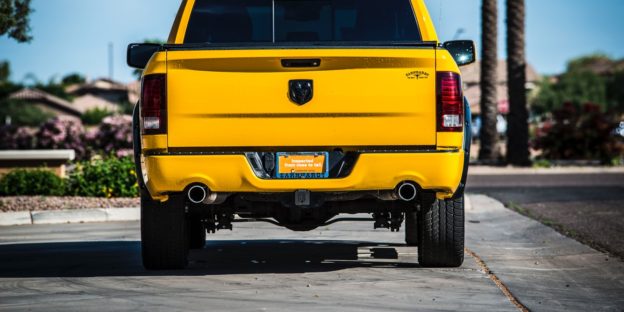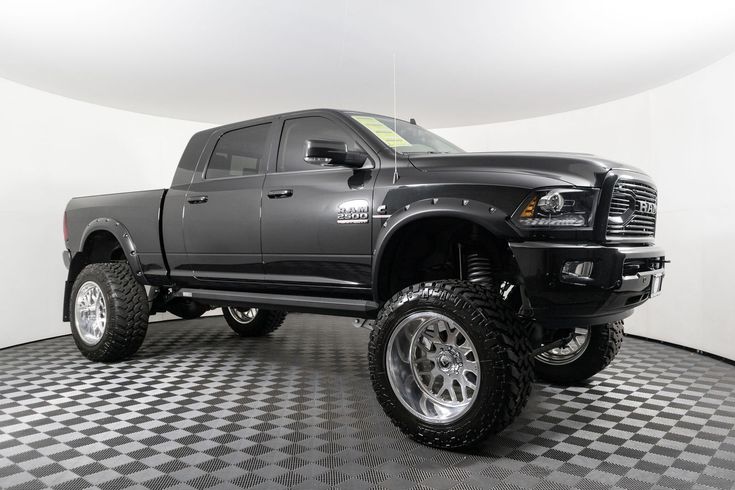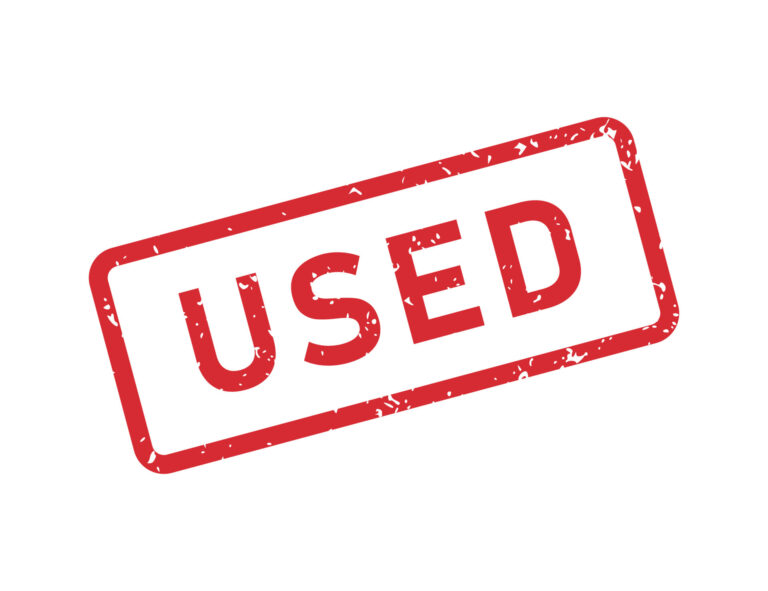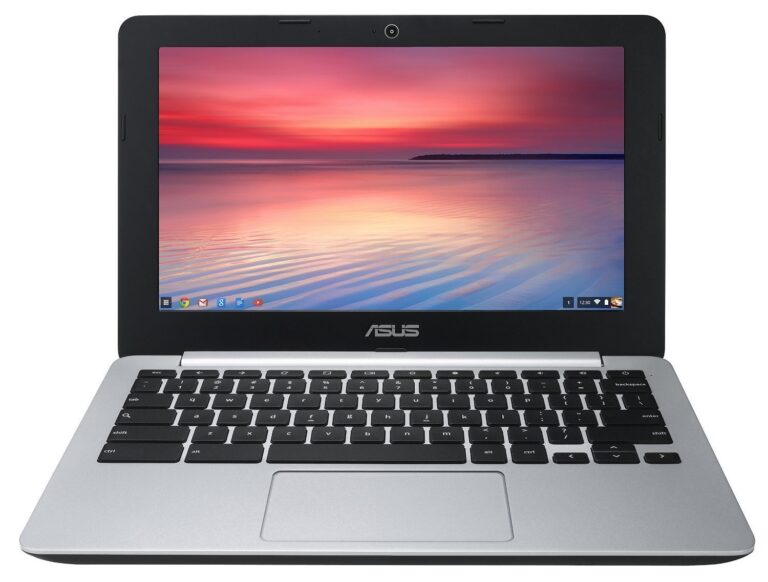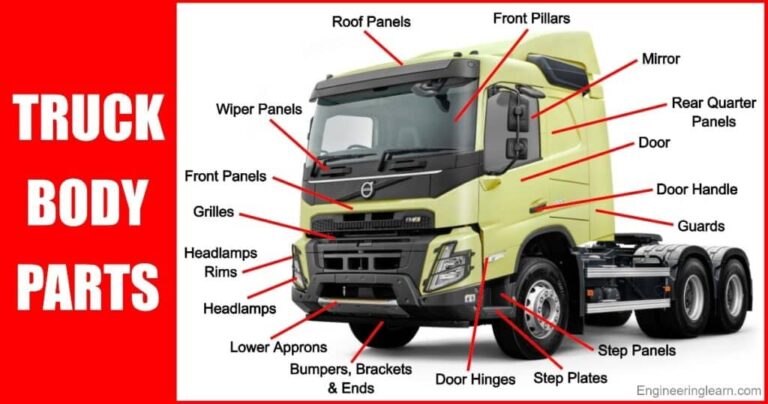Repo Trucks For Sale: Your Ultimate Guide to Unlocking Value
Repo Trucks For Sale: Your Ultimate Guide to Unlocking Value cars.truckstrend.com
The automotive market, particularly for trucks, is a dynamic landscape where buyers constantly seek the sweet spot between affordability and reliability. In this quest, "repo trucks for sale" emerge as a compelling category, often promising significant savings on vehicles that still have plenty of life left. But what exactly are repo trucks, and how can a savvy buyer navigate this unique market to find a genuine bargain?
This comprehensive guide will demystify the world of repossessed trucks, offering practical advice, detailing the buying process, and equipping you with the knowledge to make an informed decision. Whether you’re a small business owner looking for a workhorse, a contractor needing a reliable utility vehicle, or an individual seeking a robust personal truck, understanding the ins and outs of repo trucks can unlock remarkable value.
Repo Trucks For Sale: Your Ultimate Guide to Unlocking Value
What Are Repo Trucks?
At its core, a "repo truck" is a vehicle that has been repossessed by a lender (such as a bank, credit union, or finance company) due to the borrower’s failure to make payments as per their loan agreement. When a borrower defaults, the lender exercises its right to reclaim the collateral – in this case, the truck – to mitigate their financial loss.
Once repossessed, these trucks are then put up for sale by the lending institution to recover the outstanding debt. This often means they are sold quickly and at prices below typical retail market value, as the primary goal is recovery, not profit maximization. They can range from light-duty pickups like Ford F-150s and Chevy Silverados to heavy-duty commercial vehicles, dump trucks, or even semi-trucks.
Why Consider Buying a Repo Truck?
The allure of repo trucks lies primarily in the potential for substantial savings, but there are several other compelling reasons to consider this market:
- Significant Cost Savings: This is the most obvious advantage. Lenders are motivated to sell quickly to recoup losses, which often translates to prices well below what you’d find at a traditional used car dealership or private seller for a comparable vehicle.
- Wide Variety of Makes and Models: The pool of repossessed vehicles is vast, meaning you can find almost any make, model, and configuration of truck imaginable, from basic work trucks to fully loaded luxury pickups.
- Potential for Good Condition: While "as-is" is the standard, many repossessed trucks are in surprisingly good condition. Often, the previous owner simply faced financial difficulties rather than neglecting the vehicle. Lenders also have an incentive to sell a truck that can be driven off the lot, so they might handle basic cleaning or minor fixes.
- Transparency from Official Sources: When buying directly from a bank or a reputable auction house working for a lender, you often get more transparent information about the vehicle’s history, including mileage and sometimes even service records, compared to certain private sales.
- Less Haggling: In auction settings, the price is determined by competitive bidding, removing the often-stressful negotiation process. For direct sales from lenders, prices might be fixed or slightly negotiable, but generally clearer.

Where to Find Repo Trucks For Sale: Your Sourcing Guide
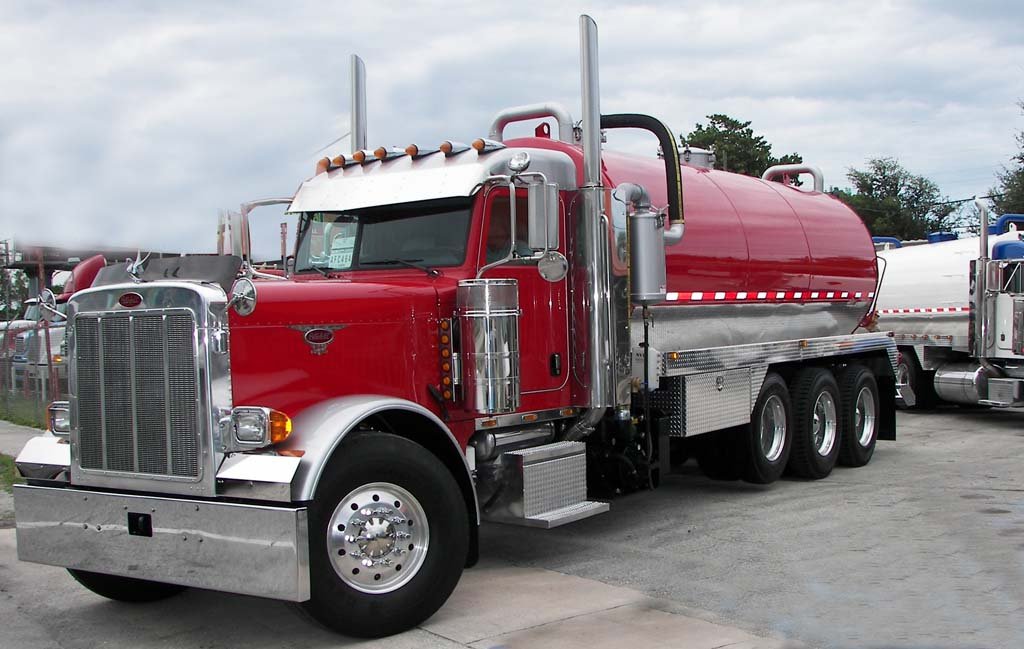
Finding repo trucks requires knowing where to look beyond your typical used car lot. Here are the primary avenues:
- Banks and Credit Unions (Direct Sales): Many financial institutions have dedicated "repossessed vehicles" sections on their websites or physical lots. They prefer to sell directly to avoid auction fees. This is often the safest bet for transparency.
- Actionable Tip: Check the websites of major national and local banks, and credit unions in your area. Look for sections like "Vehicles for Sale," "Repo Inventory," or "Other Real Estate Owned (OREO)" which sometimes includes vehicles.

- Repossession Auction Houses: Lenders often partner with specialized auction companies to liquidate repossessed assets. These companies conduct regular public auctions.
- Actionable Tip: Search online for "auto auctions," "repo auctions," or "public vehicle auctions" in your state or region. Examples include local independent auction houses or larger chains like Manheim (though primarily dealer-only, some public auctions exist) and ADESA.
- Online Auction Platforms: Several large online platforms facilitate the sale of repossessed and salvage vehicles.
- Actionable Tip: Websites like Copart and IAAI (Insurance Auto Auctions) are dominant players. While they deal heavily in salvage and wrecked vehicles, many "run & drive" repossessions also pass through their lots. Be aware that these often require a broker or dealer license to bid directly, though public bidding options or associated brokers are available. eBay Motors can also list repossessed vehicles from time to time.
- Government Auctions: While not strictly "repo," government agencies (e.g., GSA Auctions for federal vehicles, state/local police auctions for seized vehicles) also sell surplus or confiscated trucks at public auctions, offering similar potential for value.
- Actionable Tip: Visit GSAAuctions.gov or search for local government surplus sales websites.
- Used Car Dealerships Specializing in Repos: Some dealerships focus specifically on buying repossessed vehicles from lenders and then selling them to the public, often after minor reconditioning.
- Actionable Tip: Use online search engines with terms like "repo truck dealership" or "repossessed vehicle sales [your city]."
The Buying Process: A Step-by-Step Guide
Purchasing a repo truck involves a unique set of steps to ensure a wise investment:
- Define Your Needs and Budget: Before you start looking, know what kind of truck you need (payload, towing capacity, cabin type, fuel type) and set a firm budget that includes not just the purchase price but also potential repairs, registration, taxes, and insurance.
- Research and Locate Sources: Utilize the methods outlined above to find potential vehicles. Sign up for email alerts from banks and auction houses.
- Thorough Pre-Purchase Inspection (PPI) – Non-Negotiable! This is the single most critical step.
- In-Person Inspection: If possible, always inspect the truck physically. Check for rust, body damage, tire wear, fluid leaks, and signs of major accidents. Start the engine, listen for unusual noises, check lights, AC, and all electronic components.
- Professional Mechanic Inspection: If the auction house or seller allows, arrange for a trusted, independent mechanic to perform a comprehensive inspection. This will uncover hidden mechanical or electrical issues. This small investment can save you thousands.
- VIN Check: Run a comprehensive VIN (Vehicle Identification Number) report (e.g., CarFax, AutoCheck). This will reveal accident history, previous ownership, odometer discrepancies, service records (if reported), and most importantly, any active liens or salvage titles.
- Understand the Terms of Sale: Repo trucks are almost always sold "as-is, where-is" with no warranty, implied or expressed. Understand all fees, including:
- Buyer’s Premium: An additional percentage fee charged by auction houses on top of the winning bid.
- Documentation Fees: Administrative fees.
- Storage Fees: If you don’t pick up the vehicle within a specified timeframe.
- Taxes: Sales tax applicable in your state.
- Set Your Bidding/Negotiation Limit: Based on your research and the vehicle’s condition, determine the maximum you’re willing to pay and stick to it. Don’t get caught up in the excitement of an auction.
- Payment and Title Transfer:
- Payment: Be prepared for immediate payment, often within 24-48 hours. Cashier’s checks or wire transfers are common. Some lenders might offer financing on their own repossessed vehicles.
- Ensure you receive a clear title free of any liens. Verify the VIN on the title matches the truck.
Important Considerations Before Buying
While appealing, buying a repo truck comes with its own set of challenges:
- "As-Is" Sales: This means no warranties. Any problem, big or small, becomes your responsibility.
- Unknown History: While VIN checks help, some issues might not be reported. The previous owner might have neglected maintenance just before default.
- Cosmetic vs. Mechanical: A truck might look good but have serious underlying mechanical issues, or vice-versa. The PPI is crucial.
- Transportation Costs: Factor in the cost of towing or driving the truck home, especially if it’s not roadworthy or located far away.
- Time Commitment: Finding the right repo truck requires patience, research, and quick action when a suitable option appears.
- Market Fluctuations: Prices can vary based on demand, location, and the specific lender’s urgency to sell.
Types of Repo Trucks Available
The diversity of repo trucks is a significant advantage. You can find:
- Light-Duty Pickups: Ford F-150, Chevrolet Silverado 1500, Ram 1500, Toyota Tundra, Nissan Titan. Ideal for personal use, light hauling, or small businesses.
- Mid-Duty Pickups: Ford F-250/F-350, Chevy Silverado 2500/3500 HD, Ram 2500/3500. Perfect for heavier towing, construction, or demanding work.
- Commercial/Heavy-Duty Trucks: Box trucks, dump trucks, flatbeds, utility trucks, service body trucks, semi-trucks (tractors). These are less common for individual buyers but frequently appear in commercial repos.
- Specialty Trucks: Depending on the region, you might even find repossessed utility vehicles, food trucks, or specialized service vehicles.
Tips for a Successful Repo Truck Purchase
- Be Patient, But Ready to Act: The best deals go quickly. Have your financing or funds ready.
- Set a Hard Budget and Stick to It: Emotions can run high in auctions.
- Always Assume the Worst: Go into the inspection process with skepticism. If it looks too good to be true, it might be.
- Factor in Repair Costs: Even if a truck appears fine, budget 10-20% of the purchase price for immediate or upcoming maintenance.
- Verify All Paperwork: Double-check the title, bill of sale, and any other documents before finalizing the purchase.
- Consider Transportation: How will you get the truck home if it’s not drivable or if you win an auction far away?
Sample Repo Truck Price Guide
Please note: Prices for repo trucks vary wildly based on condition, mileage, year, make, model, location, and the urgency of the sale. This table provides estimated ranges and factors to consider, not definitive prices. All prices are in USD.
| Truck Type | Estimated Repo Price Range (USD) | Key Factors Affecting Price |
|---|---|---|
| Light-Duty Pickups (e.g., F-150, Silverado 1500, Ram 1500, Tundra) |
$8,000 – $35,000+ | Year, mileage, trim level (base vs. luxury), 2WD vs. 4WD, engine size, cosmetic & mechanical condition. Newer models with lower mileage will be at the higher end. |
| Mid-Duty Pickups (e.g., F-250/350, Silverado 2500/3500, Ram 2500/3500) |
$15,000 – $55,000+ | Year, mileage, diesel vs. gas engine, specific heavy-duty features (e.g., tow package), utility body, overall wear and tear. Commercial use often means higher mileage. |
| Commercial Trucks (e.g., Box Trucks, Dump Trucks, Service Trucks) |
$10,000 – $70,000+ | Type of truck, GVWR (Gross Vehicle Weight Rating), specialized equipment (lift gate, crane, plow), engine hours (for some types), maintenance history, commercial wear. Semi-trucks (tractors) can easily exceed $100,000. |
| Older/High-Mileage Repos | $3,000 – $10,000 | Primarily condition, drivability, and repair needs. Often sold as-is for parts or significant reconditioning. |
Frequently Asked Questions (FAQ)
Q1: Are repo trucks reliable?
A1: Their reliability varies greatly. Some are in excellent condition due to financial hardship of the previous owner, while others might have been neglected. A thorough pre-purchase inspection is essential to determine reliability.
Q2: Can I get a warranty with a repo truck?
A2: Almost never. Repo trucks are typically sold "as-is, where-is," meaning the seller provides no warranty or guarantee of condition.
Q3: How do I know the history of a repo truck?
A3: Always run a VIN check (e.g., CarFax, AutoCheck) to get a comprehensive report on accident history, previous ownership, odometer readings, and reported service records. Physical inspection and a mechanic’s assessment are also crucial.
Q4: Can I finance a repo truck?
A4: It depends on the seller. If buying directly from a bank, they might offer financing on their own repossessed inventory. Auction houses typically require immediate payment (cashier’s check, wire transfer). Some independent lenders might offer loans for vehicles bought at auction, but interest rates might be higher.
Q5: What is a "buyer’s premium" at an auction?
A5: A buyer’s premium is an additional percentage fee (e.g., 5-15%) that the auction house charges on top of the winning bid price. This is a standard auction fee and should be factored into your total budget.
Q6: Is buying a repo truck always cheaper than a regular used truck?
A6: Often, yes, the initial purchase price is lower. However, if the truck requires significant repairs or maintenance that was not immediately apparent, the total cost of ownership might end up being comparable or even higher than a standard used truck with a warranty. Due diligence is key to ensuring it’s a true bargain.
Conclusion
The market for repo trucks for sale presents a unique opportunity for resourceful buyers to acquire a valuable asset at a potentially significant discount. While the allure of low prices is undeniable, success in this market hinges on meticulous research, a commitment to thorough inspection, and a clear understanding of the "as-is" nature of these sales.
By diligently following the steps outlined in this guide – from defining your needs and finding reliable sources to conducting comprehensive inspections and understanding all financial implications – you can confidently navigate the repo truck landscape. With patience and an informed approach, your next truck could be a repossessed gem, delivering robust performance and exceptional value for years to come.
